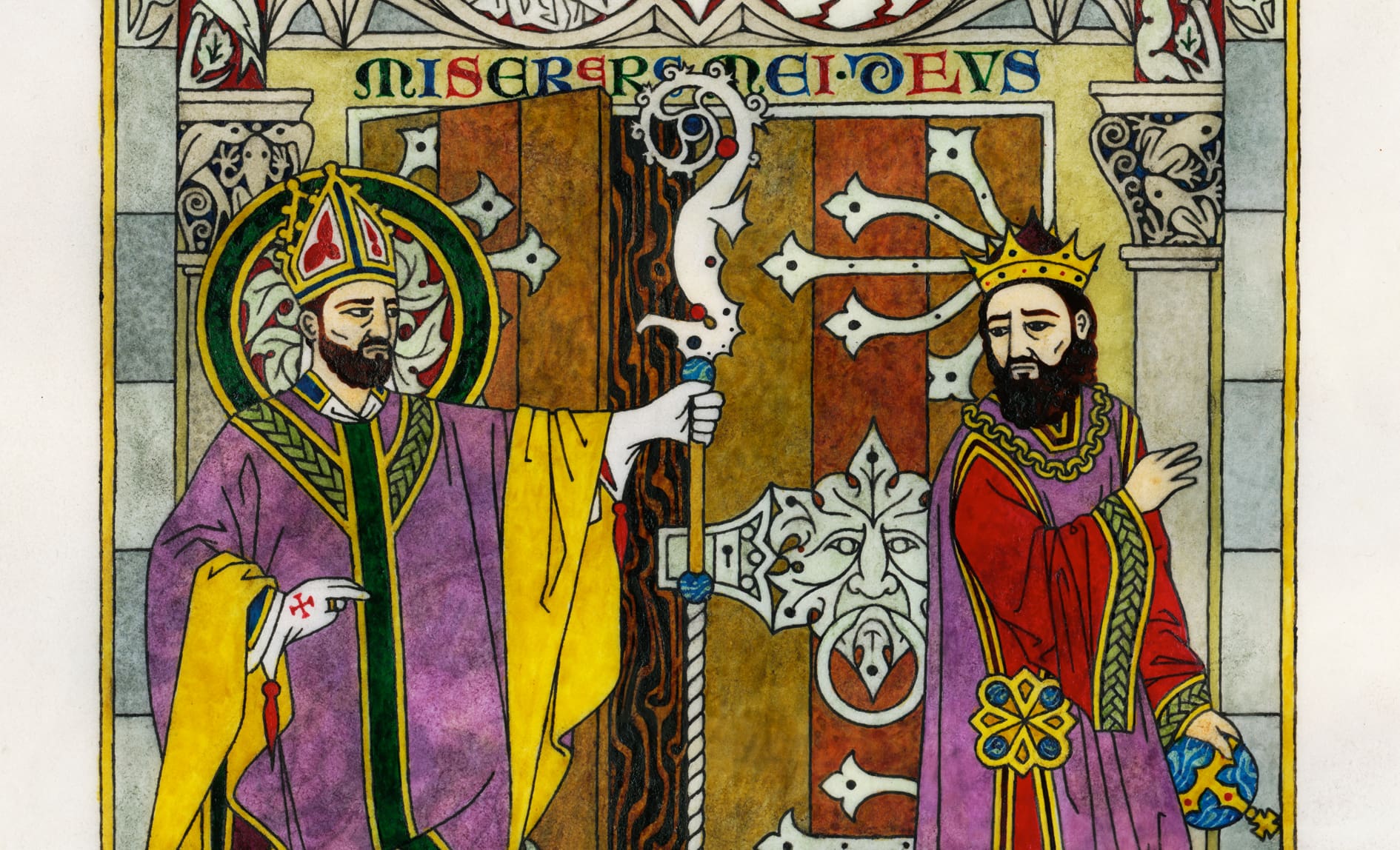VATICAN CITY (CNA/EWTN News)—On Thursday Pope Francis told a group of Italian liturgists that, while the process of implementing the liturgical reform following Vatican II has been a long and at times bumpy task, the reform is “irreversible.”
“After this magisterium, after this long journey we can affirm with certainty and with magisterial authority that the liturgical reform is irreversible,” the Pope said Aug. 24 at the Vatican’s Paul VI Hall to participants in the Italian National Liturgical Week.
The week, which this year is exploring the theme “A living liturgy for a living Church,” is organized by the Center for Liturgical Action.
“There are two directly related events, the Council and the reform, which did not blossom suddenly, but after long preparation,” Francis said.
He referenced steps taken both by St. Pius X, who aimed to restore Gregorian chant with his 1903 motu proprio Tra le sollecitudini and who formed a commission on liturgical renewal ten years later; and by Venerable Pius XII, who introduced a revised psalter, attenuated the Eucharistic fast, allowed some use of the vernacular in the Ritual, and reformed Holy Week.
Francis also referred to Pius XII’s 1947 encyclical on the sacred liturgy, Mediator Dei. In that document the late Pope had said, among other things, that “one would be straying from the straight path were he to wish the altar restored to its primitive tableform” and that the assertion that priests cannot offer Mass at different altars at the same time is among “certain exaggerations and over-statements which are not in agreement with the true teaching of the Church.”
These previous documents on the liturgy culminated, Francis argued, in Vatican II’s constitution on the sacred liturgy, Sacrosanctum Concilium, “whose lines of general reform respond to real needs and to the concrete hope of a renewal; it desired a living liturgy for a Church completely vivified by the mysteries celebrated.”
He asserted that the direction traced by the Second Vatican Council “took form according to the principle of respect for sound tradition and legitimate progress in the liturgical books promulgated by Blessed Paul VI.”
The application of these changes is a lengthy process and is still ongoing, he said, noting that this is in part because “it is not enough to reform the liturgical books; the mentality of the people must be reformed as well.”
Seeming to acknowledge the varied reception of the liturgical reforms which followed Vatican II, he quoted from a 1977 address of Bl. Paul VI to a consistory of cardinals declaring that “The time has now come definitely to leave aside divisive ferments.”
“And today, there is still work to do in this direction, in particular rediscovering the reasons for the decisions made with the liturgical reform, overcoming unfounded and superficial readings, partial receptions, and practices that disfigure it,” he declared.
“It is not a matter of rethinking the reform by reviewing its choices, but of knowing better the underlying reasons, even though historical documentation, of internalizing its inspirational principles and of observing the discipline that governs it.”
Having iterated the irreversibility of the liturgical reform, Pope Francis then turned to the theme of the liturgical week, “A living liturgy for a living Church”.
The Church sought a liturgy that was “alive” and helped the Church to become “fully enlivened by the celebrated mysteries,” he said.
Quoting Sacrosanctum Concilium, he said the faithful shouldn’t go to the liturgy “as strangers or silent spectators; on the contrary, through a good understanding of the rites and prayers they should take part in the sacred action conscious of what they are doing, with devotion and full collaboration.”
Pope Francis then outlined three key points to living the liturgy, which he said is centered on Christ, involves the entire people of God, and serves as a school of Christian life.
The liturgy “is alive” thanks to the sacrifice of Christ, who through his death and resurrection gave us new life, the Pope said, explaining that without “the real presence of the mystery of Christ, there is no liturgical vitality.”
“As without a heartbeat there is no human life, so without the beating heart of Christ no liturgical action exists,” he said.
Going on, Francis said the liturgy is also a source of life “for the entire people of the Church,” and because of this, her nature is in fact “popular” and not “clerical,” since it’s ultimately an action “for the people, but also by the people.”
The Church, he said, gathers together all those whose heart is open to hearing the Gospel, including “the small and the great, the rich and the poor, children and elderly, healthy and sick, the just and sinners.” Thus, in Christ the liturgical assembly surpasses “every boundary of age, race, language and nation.”
Finally, Francis said the liturgy serves as a “school of Christian life,” which initiates a process of “transforming the way of thinking and acting, and not filling a bag of its own ideas about God.”
“The liturgy is life and not an idea to understand,” he said. Nor is it “a doctrine to understand or a rite to complete.”
Pope Francis closed his address by telling attendees that the Church is only truly alive if she “brings life, is mother and is missionary, going out to meet the other, urging to service without pursuing worldly powers that make it sterile.”
Catholic News Agency’s Elise Harris contributed to this report.

